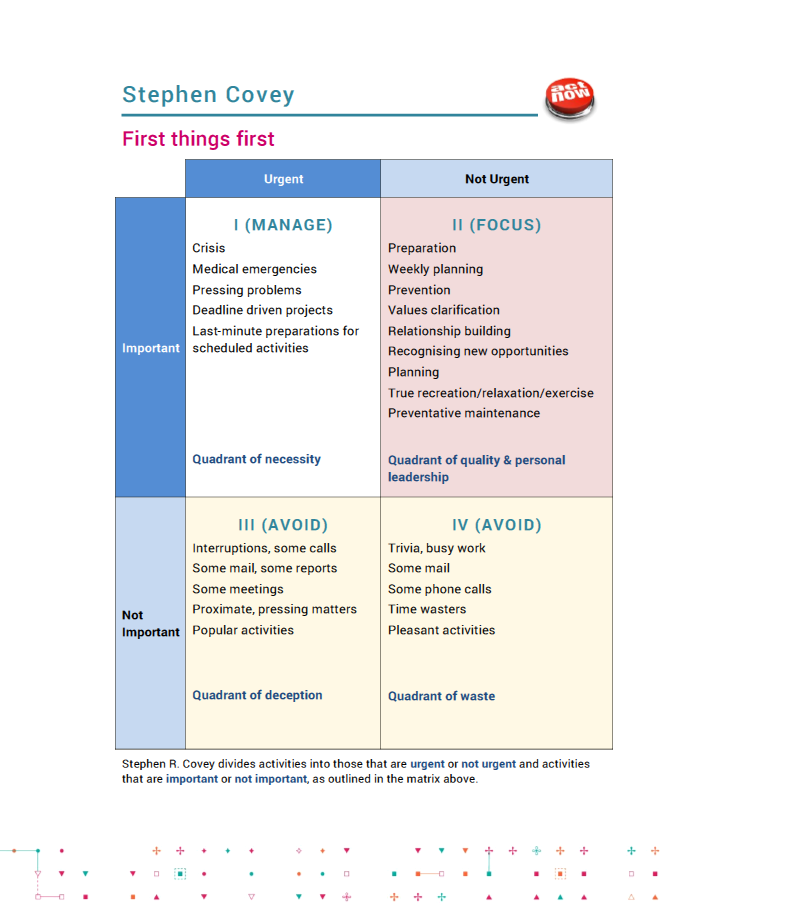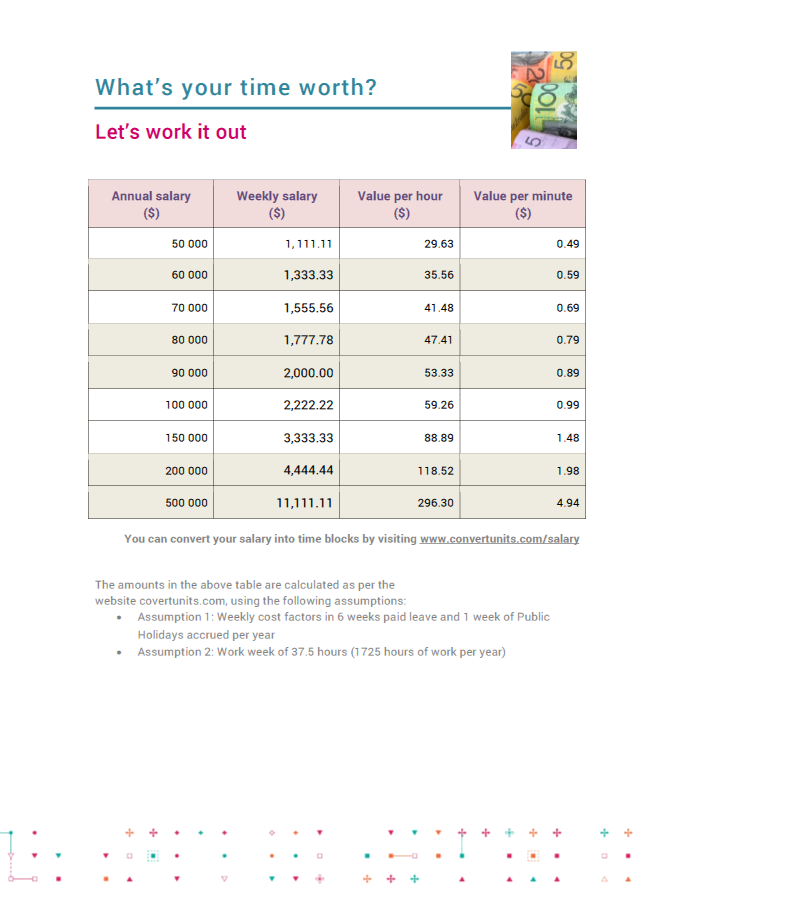Have you ever worked out your hourly rate, or the value of your time in 10 minute increments? Do you know what your time is actually worth so that you can prioritise your activities by yield? Let’s take a look. Let’s say your salary was $100, 000 per year, you take 6 weeks paid leave and 1 week of public holidays are accrued annually, you work 37.5 hours a week [1725 hours of work per year]. Your value per hour is $59.26 and every minute of your time is worth $0.99. OK, so you’re not quite Bill Gates earning roughly $114.16 per second, but 10 minutes of your time is still valuable.
Effectively prioritising your tasks enables you to realise what is important and what is not. Not every task is important and not every task is urgent. Knowing the value of your tasks and their importance in helping you to reach your goals will help you to allot more time to those tasks which require your utmost attention.
Steven R. Covey in his book ‘The Seven Habits of Highly Effective People’ suggests using an organisational tool for your to-do lists which will help you to realise how important and urgent your tasks actually are. Observe what you do in a day and pay attention to the tasks that monopolise your time. Classify them according to their level of importance in helping you to realise your goals. You can adopt the method described by Covey by classifying your tasks into the following categories:
- Important and urgent: Tasks that are important to you in achieving your goals. They also have an impending deadline making them urgent. These tasks must be finished and require your immediate attention and dedication. These are your number one PAY activities.
- Important but not urgent: Tasks that are important but can be done at some later time, they can be postponed to be done after the important and urgent tasks are completed. Focus needs to be given to these tasks if you want to increase your effectiveness. These tasks should be planned and scheduled accordingly within your work plan; they will definitely increase your yield.
- Urgent but not important: These are the tasks which upon completion usually offer little value to your end goal. Try and avoid these tasks as much as possible. Spend time focusing on what is important to achieving your end goal. Learn to say ‘No’ or to delegate them wherever possible. PAY someone else; they are stealing your time.
- Not urgent and not important: These are the low priority tasks that give you the illusion of being busy. Although they have little significance in your life, they take up a signification proportion of your available time on a daily basis. Keep postponing these tasks forever and you will notice a significant increase in your productivity, never PAY these.
Goals are important to achieve your dreams. But they quickly become redundant if your daily activities do not revolve around the tasks that help you achieve them. Set a long term goal and break it down in to a number of short term goals that can be completed in a week or a month. Plan your days and activities around your short term goals.
Set long term goals that span for a year or more and research everything you will need to learn or do to achieve them. Once you have set clear targets, you can focus on setting monthly, weekly and daily goals to achieve your yearly targets. This way you can break down even the toughest tasks and tackle them effortlessly through your daily schedule. PAY yourself wisely….and reap the rewards!

